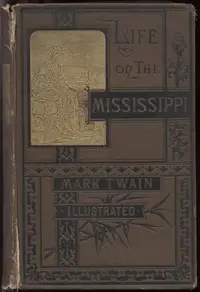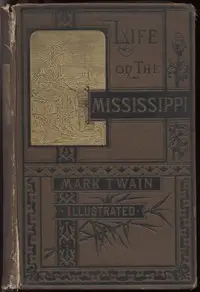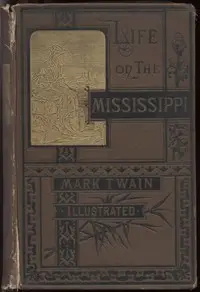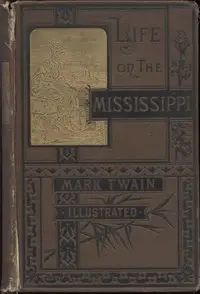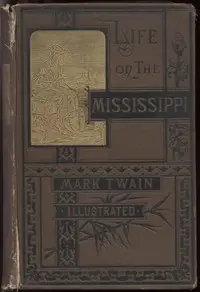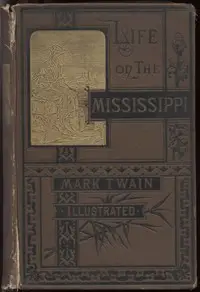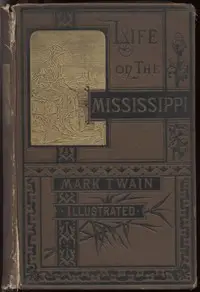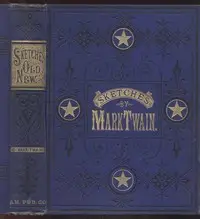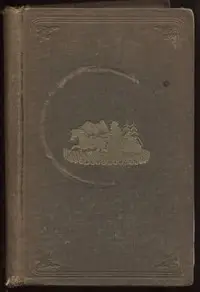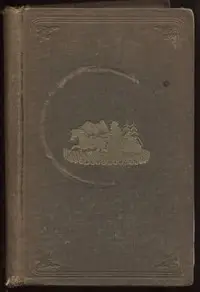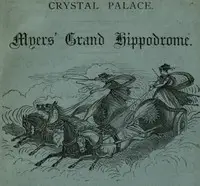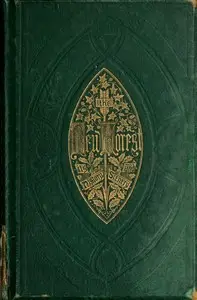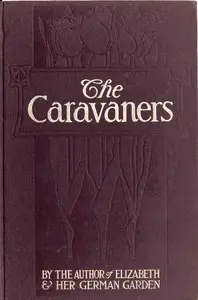"Life on the Mississippi, Part 11" by Mark Twain is a journey down memory lane as the author revisits his past as a riverboat pilot and witnesses the shifting landscapes of the Mississippi. He blends personal stories with thoughtful observations on how life and society have changed along the riverbanks since his youth. Revisiting St. Louis, Twain shares both funny and touching reunions with old friends, like a blacksmith with dreams of the stage, and tells of connections between people, all while pondering themes of redemption and identity. The vivid descriptions of the Mississippi River highlight the loss of his younger years, but he always sees humor in the strange parts of life as he encourages readers to think about their own journeys and how they connect to their past.
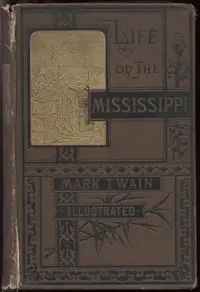
Life on the Mississippi, Part 11.
By Mark Twain
A nostalgic trip down the Mississippi River unveils surprising life changes, long-lost friends, and reflections on the fading echoes of youth.
Summary
About the AuthorSamuel Langhorne Clemens, known by the pen name Mark Twain, was an American writer, humorist, and essayist. He was praised as the "greatest humorist the United States has produced," with William Faulkner calling him "the father of American literature." Twain's novels include The Adventures of Tom Sawyer (1876) and its sequel, Adventures of Huckleberry Finn (1884), with the latter often called the "Great American Novel." He also wrote A Connecticut Yankee in King Arthur's Court (1889) and Pudd'nhead Wilson (1894) and cowrote The Gilded Age: A Tale of Today (1873) with Charles Dudley Warner.
Samuel Langhorne Clemens, known by the pen name Mark Twain, was an American writer, humorist, and essayist. He was praised as the "greatest humorist the United States has produced," with William Faulkner calling him "the father of American literature." Twain's novels include The Adventures of Tom Sawyer (1876) and its sequel, Adventures of Huckleberry Finn (1884), with the latter often called the "Great American Novel." He also wrote A Connecticut Yankee in King Arthur's Court (1889) and Pudd'nhead Wilson (1894) and cowrote The Gilded Age: A Tale of Today (1873) with Charles Dudley Warner.

